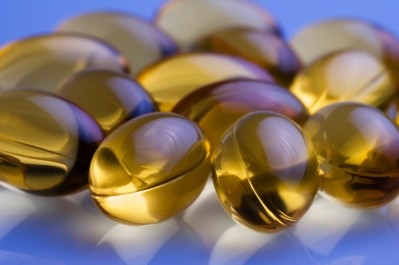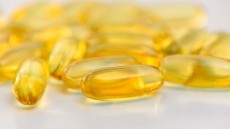Meta-analysis supports cholesterol-lowering potential of beta-glucan

Scientists from the People’s Hospital of Gaozhou in China report that beta-glucan consumption was associated with an average reduction of total and LDL cholesterol of 26 mmol/L and 21 mmol/L, respectively.
On the other hand, no effects were observed for HDL cholesterol or triglycerides, they wrote in Nutrition, Metabolism and Cardiovascular Diseases.
“The current evidence suggests that beta-glucan consumption daily can be recommended for the prevention or treatment of CVD,” they wrote.
Health claims
Beta glucan from oats is renowned for its potential to reduce LDL (bad) cholesterol. Two forms are widely available: Beta-glucan from barley or from oats. Studies show that barley beta-glucan may reduce LDL cholesterol by 7 to 24%, while oat beta-glucan may cut LDL levels by 6 to 12%.
Health claims are allowed by both the Food and Drug Administration (FDA) and the European Food Safety Authority (EFSA): FDA allows a health clam on reduced risk of heart disease, while EFSA has published a positive (article 14) health claim on the cause and effect of oat beta-glucan lowering cholesterol. A 13.1 article claim was approved related to maintenance of normal blood LDL-cholesterol concentrations.
The new meta-analysis supports the potential benefits of the ingredient for those with people with elevated cholesterol levels (hypercholesterolemia).
The Chinese scientists identified 17 randomized controlled trials with 916 subjects to include in their meta-analysis. Crunching the numbers indicated that that beta-glucan consumption led to significant reductions in total and LDL cholesterol levels only in the in hypercholesterolemic subjects.
“Epidemiological and prospective studies have established the benefit of reducing LDL-c, with a 1% reduction associated with a 1% decrease in CVD events,” wrote the authors. “Our meta-analysis revealed that the consumption of beta-glucan in hypercholesterolemic subjects may with 6.3% reduction in LDL-cholesterol and 6.5% reduction in TC levels, which suggests that beta-glucan may be incorporated into a targeted dietary program as part of public health policy to improve cardiovascular health.”
Importantly, no adverse effects were reported among the eligible trials, they added.
Source: Nutrition, Metabolism and Cardiovascular Diseases
Published online ahead of print, doi: 10.1016/j.numecd.2015.04.008
“Quantitative assessment of the effects of beta-glucan consumption on serum lipid profile and glucose level in hypercholesterolemic subjects”
Authors: X. Zhu, X. Sun, M. Wang, et al.













